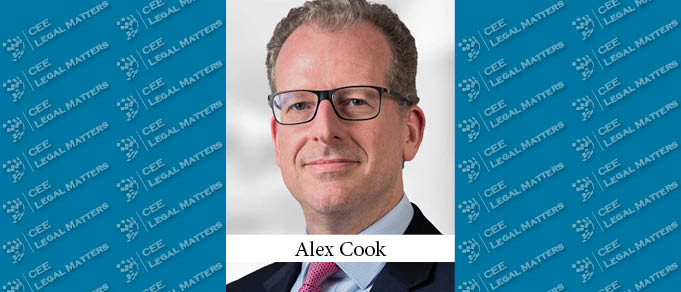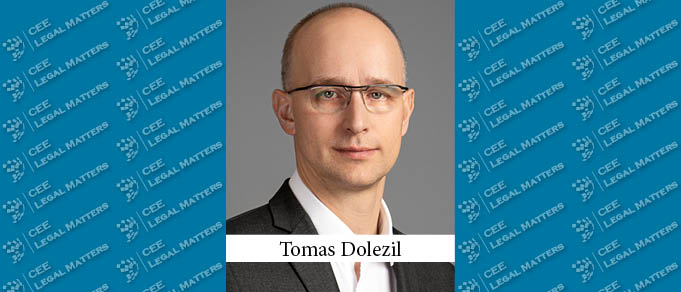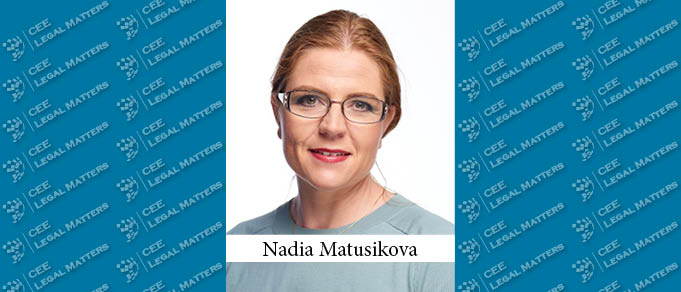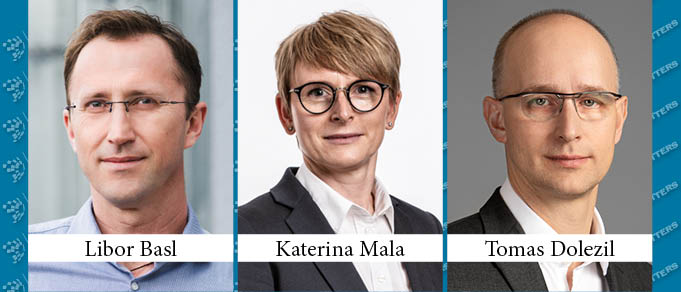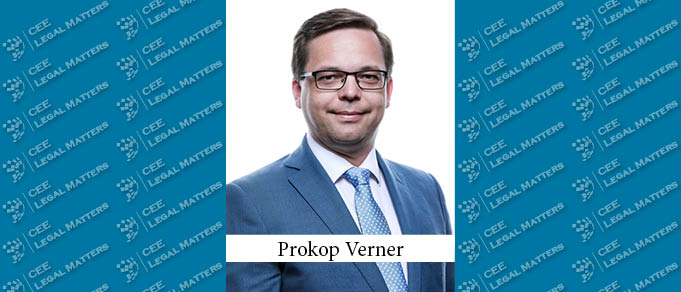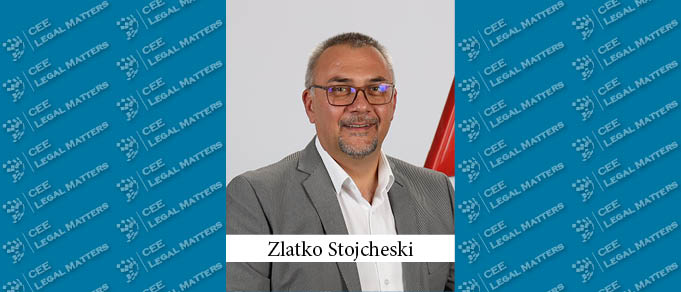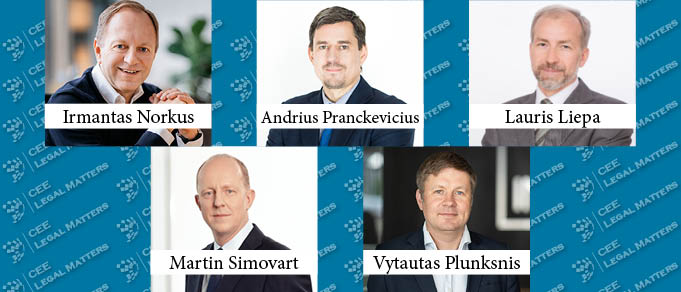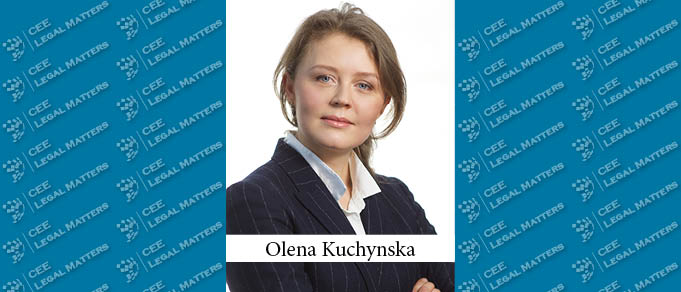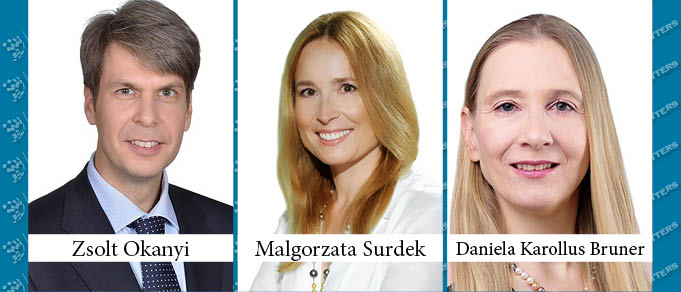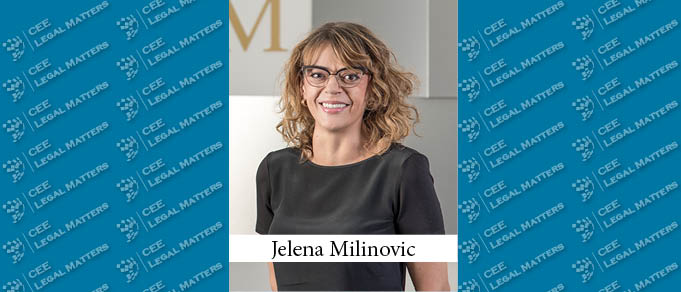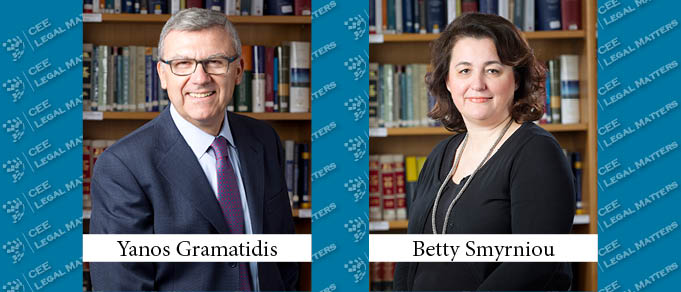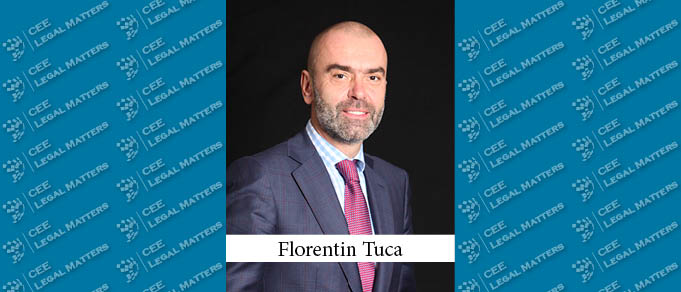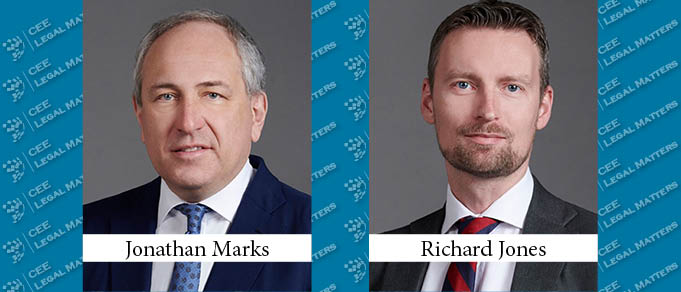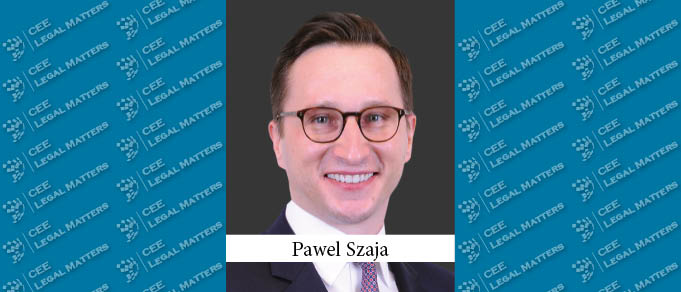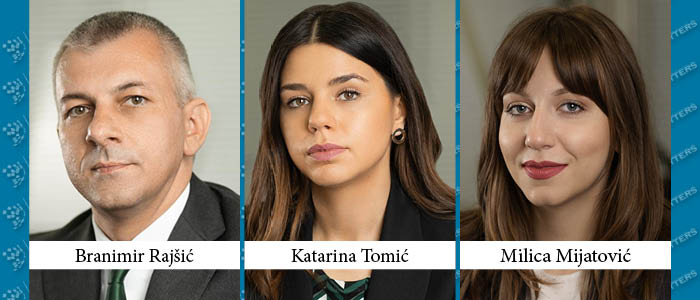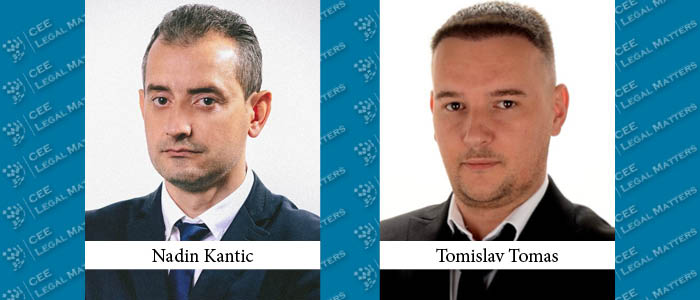Interview with Alex Cook of Clifford Chance Prague.
Market Snapshot: Recent Developments and Major Amendment of the Business Corporations Act
The M&A market in 2020 has been significantly affected by the coronavirus pandemic. According to the latest quarterly M&A overview prepared by CzechInvest, the leading agency supporting business and investments in the Czech Republic, “in a very short period of time and on a large scale, many companies have had to close down or limit their operations, dismiss stuff members, and disrupt supply chains.” Although there has been some recovery since May, the situation remains unpredictable. The second and next presumed waves will likely bring even more uncertainty.
Inside Insight: Interview with Nadia Matusikova, General Counsel of RWS Moravia
Interview with Nadia Matusikova, General Counsel of RWS Moravia about her background and best practices.
Inside Out: Wordline’s Acquisition of GoPay
On September 24, 2020, CEE Legal Matters reported that Baker McKenzie’s Prague office had advised Worldline SA/NV on its acquisition of a 53% of stake in GoPay. JSK and Urban & Hejduk advised the sellers on the deal, Pavel Schwarz Jr. and BUDEX Direct.
Guest Editorial: Trust
About a half year ago, I was sitting in a pitch meeting trying to impress a potential client to win an important mandate for a project that would take two years to close. The meeting was attended by top management of the company and by its founder. We discussed all the technical aspects, our past experience with similar projects, and how we worked as a team. We were hoping to come across as a unified team and show that we knew what we were doing. It was already the second round, so we focused on chemistry and relationship-building. At the end of the meeting we devoted a lot of time to discussing how important it is to be open and honest. I told the client that we would not just agree with them all the time – we would be honest with our fees upfront, we would tell them if we thought they were doing something wrong, we would treat them as friends and partners, we would tell them if we thought their instructions create more work than necessary, and, most importantly, we would always have smiles on our faces, even if we needed to tell them they are wrong.
Inside Insight: Interview with Zlatko Stojcheski, Head of Corporate and Legal Affairs at A1 Makedonija
Interview with Zlatko Stojcheski, Head of Corporate and Legal Affairs at A1 Makedonija about his background and best practices.
No Blues in the Baltics: Irmantas Norkus Leads Cobalt to Success
In 2015, the word Cobalt took on a new meaning in the legal markets of Belarus, Estonia, Latvia, and Lithuania, when a new pan-Baltic law firm with that name opened its doors, immediately entrenched in the top tier of the region’s legal markets. That firm owes much of its success and reputation to the Managing Partner of its Lithuanian office and Chairman of the firm-wide Management Board, Irmantas Norkus.
New Captain at the Helm: Kinstellar’s New Managing Partner in Kyiv
On July 28, 2020, CEE Legal Matters reported that Olena Kuchynska had been appointed the new Managing Partner of the Kinstellar’s Kyiv office. After a few months of settling in, we spoke with Olena to learn more about the team she’s been appointed to lead and her plans for the future.
Arbitration and Virtual Hearings: Contract Disputes in the COVID-19 Era
One of the most important issues facing businesses in CEE is the impact of the ongoing COVID-19 pandemic on litigation and arbitration. In-person court and arbitration hearings have become problematic, if not impossible, and the importance of certain boilerplate contract clauses has skyrocketed. Zsolt Okanyi, Global Head of Dispute Resolution at CMS, Malgorzata Surdek, Head of Dispute Resolution at CMS Poland, and Daniela Karollus Bruner, Head of Dispute Resolution at CMS Austria, evaluate the current situation.
Ground-Breaking the Law: JPM Launches Corporate Criminal Practice
Serbia’s JPM Jankovic, Popovic, Mitic has added a new practice to its offering – the first Corporate Criminal practice in Serbia. We reached out to JPM Partner Jelena Milinovic to learn more.
A Remote Possibility: Telecommuting During COVID-19
The COVID-19 crisis that has afflicted Europe throughout this unusual year has necessitated significant changes to the way lawyers work and communicate with and serve their clients. To find out how these changes played out in Greece, we spoke with Yanos Gramatidis, Head of Government & Privatization, and Betty Smyrniou, Head of Labor and Social Benefits and Aviation at Bahas, Gramatidis & Partners.
The Corner Office: Most Meaningful Charity or Pro Bono Commitment
In The Corner Office we ask Managing Partners across Central and Eastern Europe about their unique roles and responsibilities. The question this time: “What one ongoing pro bono initiative or project or charity/volunteering project that your firm is involved with has the most meaning for you personally, and why?”
Guest Editorial: What About the Law and Laws?
It is no easy task this day and age to talk of “legal market trends.”
Connected To CEE
An Interview with Partners Jonathan Marks and Richard Jones from Slaughter and May’s Dedicated CEE Partner Group
After the Gold Rush: What Causes and Comes After an International Law Firm’s Departure from a CEE Market
In the first decade after the fall of the Berlin Wall in 1989, an enormous number of international investors descended upon the countries of Central and Eastern Europe – initially, and particularly, Romania and the so-called “Visegrad Group” of Poland, the Czech Republic, Slovakia, and Hungary – to take advantage of the privatizations occurring across the region and, in the early years, manifold new and giant deals related to the region’s rapid modernization and integration. Inevitably, many of the larger London-based international law firms opened up offices in the region to provide their clients with on-the-ground assistance.
ILFS in CEE: What’s the Deal
The legal markets of Central and Eastern Europe are served by a growing cadre of strong domestic firms, an established collective of widely-recognized and genuinely impressive regional firms … and, of course, many of the largest and best international firms in the world.
Expat(s) on the Market: An Update
Over the course of our seven years, CEE Legal Matters has interviewed most of the British lawyers working on the ground in Central and Eastern Europe as part of our recurring “Expat on the Market” feature. We reached out to them recently and asked them to bring us up to speed on what they’re doing and/or share their thoughts on the ramifications of Brexit or the ongoing COVID-19 crisis.
Expat on the (English) Market: Interview with Pawel Szaja of Shearman & Sterling
Interview with Pawel Szaja of Shearman & Sterling.

